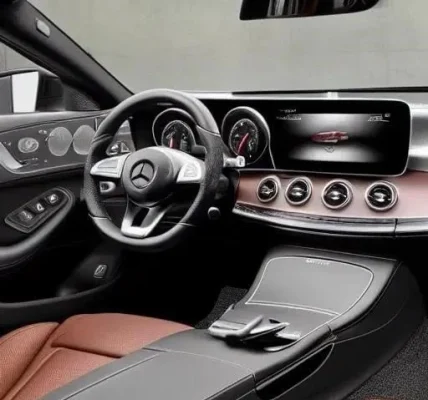When summer heat hits, a malfunctioning air conditioner can quickly turn your home into an unbearable sauna. Before you frantically dial the HVAC technician and brace yourself for a hefty bill, it’s worth exploring some basic air conditioning repair tasks you can tackle yourself. Many common AC issues are simple fixes that require no specialized tools or expertise. Understanding these troubleshooting steps can save you time, money, and the discomfort of a sweltering house. This article will guide you through several DIY air conditioning repair options, empowering you to address minor problems and potentially avoid a professional service call.
Troubleshooting Basic AC Problems
Often, the solution to your AC woes is surprisingly straightforward. Start with these fundamental checks:
- Check the Thermostat: Ensure it’s set to “Cool” and the temperature is lower than the current room temperature. A simple mistake like this is more common than you think!
- Inspect the Air Filter: A dirty air filter restricts airflow, causing the AC to work harder and potentially freeze up. Replace it with a clean filter.
- Examine the Outdoor Unit (Condenser): Make sure it’s free from obstructions like leaves, grass clippings, or debris. Clear away anything that hinders airflow.
- Check the Breaker: Verify that the circuit breaker for the AC unit hasn’t tripped. Reset it if necessary.
Deeper Dive: Cleaning and Maintenance
If the basic checks don’t resolve the issue, consider these more involved steps:
Cleaning the Condenser Coils
Over time, the condenser coils (located in the outdoor unit) can accumulate dirt and grime, reducing their efficiency. To clean them:
- Turn off the power to the AC unit at the breaker.
- Remove the outer casing of the condenser unit (consult your owner’s manual for specific instructions).
- Use a fin comb to straighten any bent fins.
- Gently spray the coils with a garden hose, using a low-pressure nozzle. Avoid using a pressure washer, which can damage the fins.
- Allow the coils to dry completely before reassembling the unit and restoring power.
Clearing the Condensate Drain Line
A clogged condensate drain line can cause water to back up and leak inside your home. To clear it:
- Locate the drain line (usually a PVC pipe near the indoor unit).
- Use a wet/dry vacuum to suck out any clogs. Alternatively, you can use a stiff wire to carefully break up any blockages.
- Pour a cup of vinegar into the drain line to help prevent future clogs.
When to Call a Professional
While many AC problems can be addressed with DIY solutions, some issues require the expertise of a qualified HVAC technician. These include:
- Refrigerant leaks
- Compressor problems
- Electrical issues
- Major mechanical failures
If you’re uncomfortable working with electrical components or refrigerant, or if you’ve tried the DIY solutions and your AC is still not working properly, it’s best to err on the side of caution and call a professional.
FAQ ⎯ Air Conditioning Repair
Q: My AC is blowing warm air. What could be the problem?
A: Several factors could cause this, including a dirty air filter, a tripped breaker, or a refrigerant leak. Start by checking the air filter and breaker. If those aren’t the issue, it’s best to call a professional.
Q: My AC is making a strange noise. Should I be concerned?
A: Strange noises can indicate a variety of problems, from a loose fan blade to a failing compressor. It’s best to have a professional diagnose the noise to prevent further damage.
Q: How often should I change my air filter?
A: It’s generally recommended to change your air filter every 1-3 months, depending on usage and the type of filter. Check your filter regularly and replace it when it appears dirty.
Ultimately, tackling minor air conditioning repair tasks yourself can be a rewarding experience. However, remember to prioritize safety and know your limitations. If you’re ever unsure about something, don’t hesitate to consult a qualified HVAC technician to ensure your AC is running efficiently and safely for years to come.

